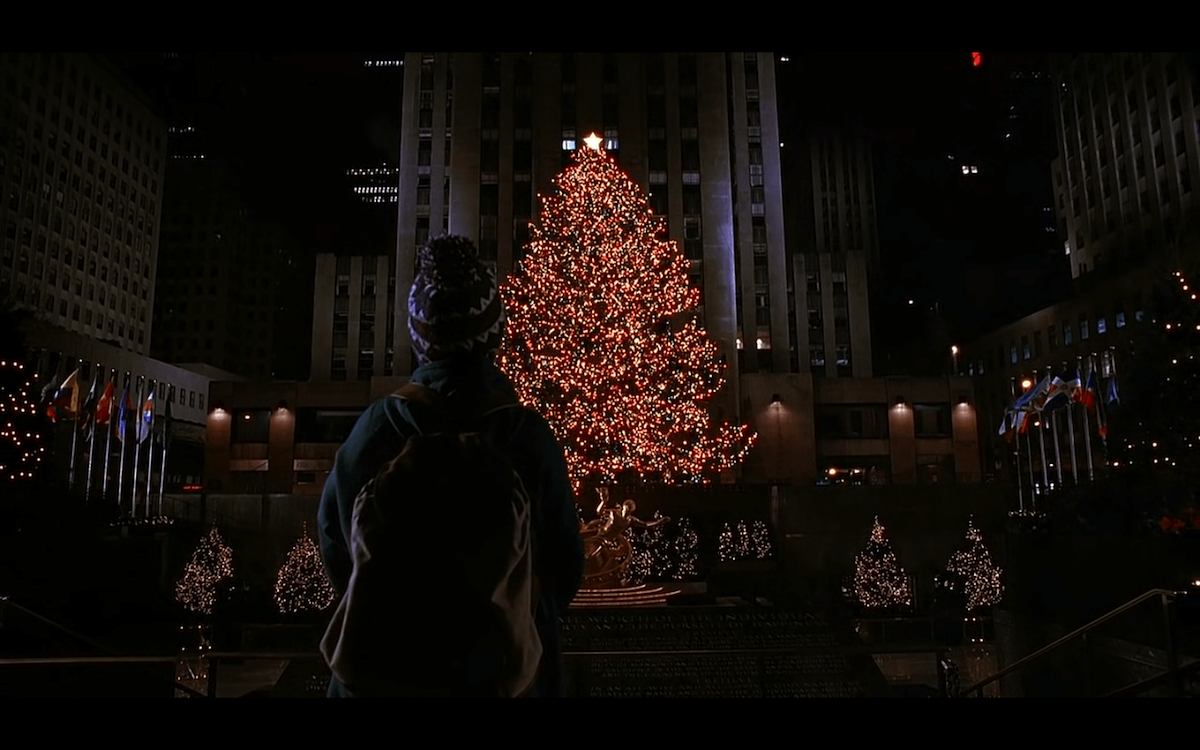30 years ago this month, Home Alone premiered in theaters. The premise is simple: Eight-year-old Kevin McCallister’s family leaves for their Christmas vacation without him. Kevin defends his home from would-be burglars using complex misdirection and attacks—from the innocent (a fake holiday party featuring a life-size Michael Jordan cut-out) to the diabolical (a blowtorch rigged to the front door).
Kevin’s not, well, alone in being left at home. From Hocus Pocus to Stand By Me, kids are left to their own devices with surprising frequency in movies. But while these scenarios might be humorous for younger viewers, it’s downright terrifying for parents.
Leaving your kids to care for themselves is a worst-case scenario. Providing for your kids is one of the major motivators for estate planning.
However, estate planning for minors requires some special considerations. Minors lack not only the experience required to care for themselves, but also the legal standing to inherit funds. Here are four estate-planning lessons that can help you avoid a Home Alone scenario of your own.
Don’t Forget Kevin
It’s a stretch to believe that a family could actually leave one of their kids behind as they hit the road for a vacation, but neglecting to update your estate plan in the early days of parenthood is a much more realistic slip-up—especially because the possibility of losing both parents at a young age seems so remote.
As soon as you decide to start your family, revisit your estate plan. (And if you don’t have one, now is definitely the time to start.) This might mean buying life insurance so that your heirs have access to cash if something happens to you—or re-examining the beneficiary designations of your current plan.
Some Adults are Better Than Others
Revisiting your estate plan also means arranging guardianship.
Home Alone isn’t completely without adults—Joe Pesci and Daniel Stern (“The Wet Bandits”) are certainly over 21. But from their unscrupulous livelihood to their inability to learn from repeated trial and error, they aren’t the types anyone would choose as your children’s guardians.
For those with minor children, one of the primary purposes of a will is to arrange for guardianship. If a child has no named guardian, the court will assign that role—typically to a member of the family. Providing for this in a will, however, allows families to have an additional say in the assignation.
Think about it—the Wet Bandits are definitely somebody’s uncles, but they’re hardly ideal caretakers.
Kids aren’t great with money
There’s a reason that minor children can’t directly inherit large sums of money—Kevin, for example, uses all of his cash to buy ice cream. Making sure that funds are available for the care of a minor child is critical, though.
If there are no provisions in place, the court will control all of a family’s assets until a minor child reaches the legal age of inheritance (either 18 or 21, depending on the state). At this point, the child will inherit the remainder of the balance.
Many parents set up a trust in order to provide a customized plan. Trusts allow parents to decide how much money a child will inherit and at what age it will become available. Setting up a trust also involves naming a trustee to manage the inheritance until that point—often, this is the same person as the minor guardian. The trust can also contain provisions for how that money will be used in the child’s care.
Family is the most important thing
Slapstick as it is, Home Alone ultimately settles on the importance of family. Kevin is overjoyed when his parents return.
It can be difficult to contemplate a future in which your children carry on without your guidance—but ultimately, estate planning is about making the future as easy as possible for your offspring should the unthinkable happen to you.
To learn more about estate planning and care of minor children, contact us to schedule a consultation. Our experienced Texas estate planning attorneys can guide you through the process.





0 Comments